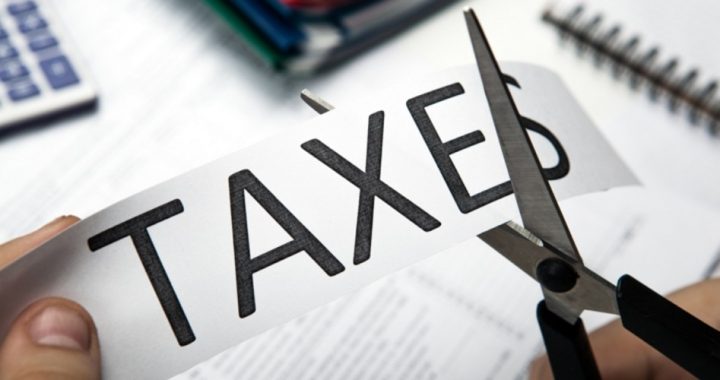
From LewRockwell.com:
Now that they have failed to repeal or repeal and replace Obamacare, Republicans are once again turning their attention to tax reform. And so are Democrats.
Senate Democrats recently issued a letter to President Trump and Senate Republican leaders outlining “three key principles that we believe are prerequisites to any bipartisan tax reform effort”:
• “First, we believe that tax reform should not increase the tax burden on the middle class. In addition, any tax reform effort should not benefit the wealthiest individuals.”
• “Second, we believe it is crucial that tax reform legislation go through regular order and not reconciliation. Using a fast-track process like reconciliation would undoubtedly result in outsized political influence on the process and significantly hinder lawmakers’ ability to close loopholes and end special interest favoritism that plagues our current tax system.”
• “Third, tax reform should be focused on providing a revenue base that meets the needs of our country. Deep cuts to our corporate, individual, and other tax rates are very costly.”
Said Senate Minority Leader Charles Schumer: “We will not support any effort to rewrite the tax code to give another tax break to the top 1% or add even more to the deficit and debt.”
Only 43 Senate Democrats (and two independents) signed the letter. Three Democrats facing reelection next year did not sign.
Republicans are in favor of tax cuts, but are divided on how any tax cuts should be “paid for.” This is because Republicans (just like Democrats) are committed to the principle of revenue neutrality; that is, any revenue loss from tax cuts must be offset by revenue gains either from tax increases, broadening the tax base, or eliminating deductions or from additional revenue that flows into the federal treasury from economic growth as a result of tax cuts. God forbid that government revenue should be reduced. This is because members of Congress — Democrat and Republican alike — have an insatiable desire to spend the taxpayers’ money.
To read the rest of the article, click here:
Photo: Thinkstock



